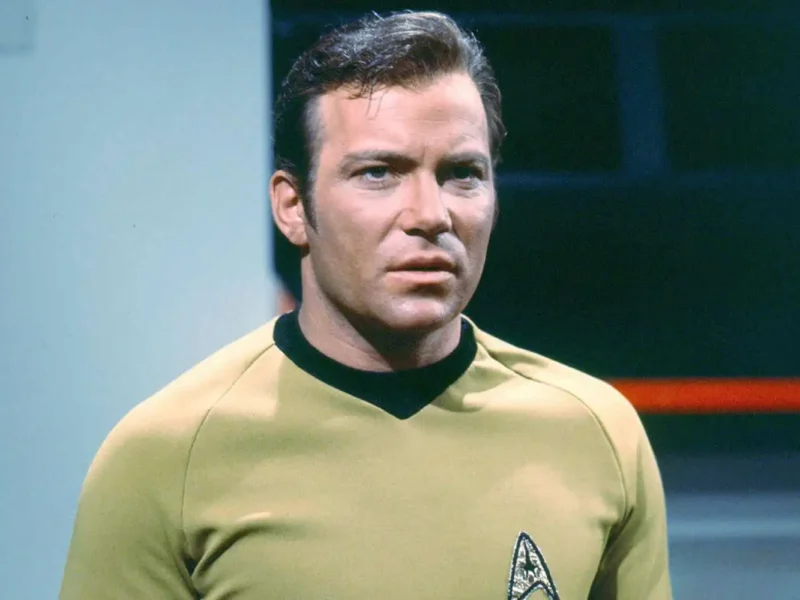London – In a world where musicians traditionally rely on instruments and vocal talent, British artist Oliver McCain, known by his stage name Imoliver, is taking an unconventional approach to music creation. Instead of guitar riffs or piano chords, McCain uses AI-powered tools to produce his songs, spanning genres from Indi-Pop to Desh-Rap.
Halloween Horror Nights 2025: A Thrilling Mix of Classic and Modern Horror
The Rise of AI in Music
McCain’s journey into AI-generated music began after a career in visual design. At 37, he admits, “I have no music talent. I can’t sing, I can’t play instruments, and I have no music background.” Despite this, one of his AI-composed tracks recently surpassed 3 million streams, drawing global attention and earning him a record deal with an independent label, reportedly making him one of the first AI-assisted artists to achieve such a milestone.
Who is Oliver McCain?
Oliver McCain, or Imoliver, is a British artist redefining what it means to create music. His move from visual design to AI-assisted music demonstrates how technology can empower individuals without traditional training. McCain’s success challenges conventional music production, showing that AI can serve as a gateway for creativity and innovation.
The Evolution of AI-Composed Music
The rise of AI in the music industry reflects a growing trend toward technology-driven composition. Platforms like Sons and Odio allow creators to produce songs without traditional instruments or vocal skills. AI music raises questions about creativity, quality, and the future of a $29.6 billion global music market.
While McCain’s success is a milestone, it also highlights challenges. Some AI-generated songs are criticized for lacking depth, often referred to as “AI Slope.” Streaming platforms report that about 18% of uploaded tracks are AI-generated, though many fail to gain substantial listener engagement. Record labels are cautious due to copyright and legal concerns, yet many artists embrace AI as a creative tool rather than a replacement.
Public and Social Media Reaction
AI-generated music has sparked widespread debate online. Fans and creators are intrigued by the possibilities, while critics worry about the quality and authenticity of AI tracks. Social media conversations often question whether AI can replicate the emotional depth of human-created music. Despite mixed reactions, AI’s use in artistic fields continues to grow.
Industry Perspectives and the Road Ahead
Experts believe AI has the potential to revolutionize music production, making it more accessible to anyone. Legal and copyright issues remain unresolved, and full integration into the mainstream industry is uncertain. Musicians like Scott Smith of Pulse Empire see AI as a creative tool, while others, like Lucas Ram of Sleeping with Wulves, recognize its limitations but use it as a springboard for innovation.
Oliver McCain remains optimistic, envisioning a future where AI-generated music is widely accepted and respected. “I think we are entering a world where anyone can create the next big hit anywhere,” he reflects, hoping AI music gains broader recognition in the coming years.
Conclusion
AI-generated music is no longer just an experiment. Artists like Oliver McCain show that AI can empower creativity, challenge traditional boundaries, and open doors for new voices in the music industry. While questions about quality, legality, and mainstream acceptance remain, the rise of AI music may well define the future of sound in the digital era.


